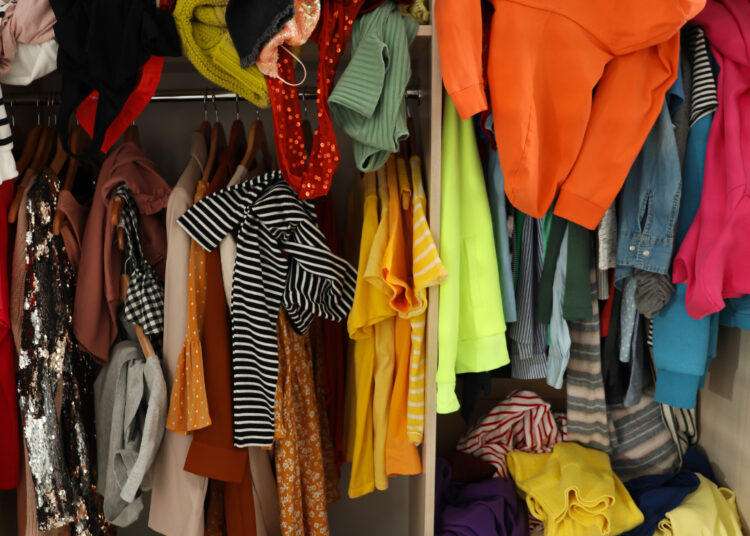Fast fashion has immersed generations of fashion enthusiasts with an ultra-easy method of purchasing clothing and accessories. But what we seem to forget is, past the glitz and glamour, there is an overlooked voice that has radiated a series of implications on the key workers who are responsible for making our lustful buys a reality.
An increase in fashion consumption has meant the workers in third world countries have to work extremely harder and in severe conditions, in order to meet the mounting demands across the world. The women who work in such factories, make up 80% of employees who in many tragic cases experience sexual harassment, unsanitary facilities, and a feeble pay from their employers. The core question that arises is, why are these women who are accountable for the happiness of countless individuals the victims of such brutality?
Low-income countries rely on the outside source to fuel their economy desperately motivating companies to cut costs in vital sectors such as health and safety, to have enough funds available to be able to maintain the running of their business. But, caught between this vicious cycle are women who are having to endure inhumane treatment just so them and their loved ones can survive. Fortunately, Oxfam has been a safe haven aiding women who have experienced abuse in the hands of their workplace, but this is not enough, extra backing is required to prevent this from occurring to many other women and remove the stigmatic fear attached to speaking up about exploitation in highly prioritised fields.
Bangladesh and China are the top apparel exporters who are liable for producing clothes for brands we know and cherish. But supremacy in the industry doesn’t necessarily mean those working under its authority are reaping the same rewards as their superiors. Women especially in these garment factories are expected to work lengthy hours which means they have no other choice but to bring their children with them to work. The health and wellbeing of these families are tarnished by the incapability of the factories to be able to provide suitable protection which therefore encourages illness amongst their workers, instigated by the chemicals suppressed from the fabrics produced.
In garment factories in Bangladesh, it was uncovered, there was a growth in infections of the bladder due to managers forcing women to prolonged periods of work without breaks. Sanitary products were also unavailable and horrific encounters from the women inside the factories revealed they were forced by men to take contraceptive pills amplifying sexual abuse and harassment.
The persistent stresses to earn income to simply be able to live, has placed a considerate amount of pressure on young girls to take on work in these factories, who in return are disturbingly prayed on by men who take advantage of their vulnerability and their inability to report the abuse which can result in a significant cut in their finance. The lack of support and education has inhibited the most at risk from being trapped in a volatile position where workers’ rights are non-existent and profiting from the use of cheap female labour is applicable.
Our lingering desire for fast fashion has generated an industry that is overshadowed by the newest trends, submerging the actual crisis that is impacting our fellow females on the side-line. The truth is the spotlight needs to be drawn on the women experiencing inhumane treatment at work and what the progressive actions are, that need to be taken to prevent this from continuing. In the meantime, spread the word on the positive result of sustainability, share the stories of the women inside these factories, and begin to remove the stigma attached to communicating about the abuse of the real female workers in fashion.
How Fast Fashion Is Having A Detrimental Impact On Women In Third World Countries
Music Editor












